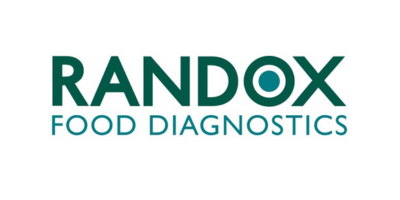CIEL | Member Spotlight
Genetics | Reproduction | Behaviour | Nutrition | Health & Welfare | Productivity | Food Integrity | Environmental Impact
BioSS

Putting the significance into statistics
BioSS uses mathematics and statistics to improve agriculture, food, and the environment through enhancing understanding of societal challenges, informing data science to drive innovation, and advancing quantitative methods.
Formally part of the James Hutton Institute, and based in four locations across Scotland, BioSS is comprised of statisticians and mathematicians from diverse scientific backgrounds as well as research associates and postgraduate research students. All are strongly committed to the exchange of knowledge of research and applications to the wider community.
Key aspects of the BioSS knowledge transfer programme are the development of software products and tools, delivery of training courses for scientists, and supervision of PhD and postgraduate students.
BioSS is now eligible for UKRI funding, and their research is organised into three themes: statistical genomics and bioinformatics, process and systems modelling, and statistical methodology.
Risk assessment for livestock disease outbreaks between farms
BioSS developed and applied statistical approaches that make use of detection data arising in disease outbreaks to model how Classical Swine Fever (CSF) could spread, enabling better control by inferring when farms become infectious.
Using advanced statistical modelling techniques, that use only data on farm locations and detected cases, researchers were able to estimate unobserved quantities, such as the period between infection and detection, and when farms become infectious. This enables inference of silent spread and the better targeting of control options. Comprehensive testing using simulated scenarios designed to represent field data show that these techniques can be reliably applied to both ongoing and historic outbreaks, and the estimates obtained can be used to enable quantitative risk assessments to enable the targeting of controls. The work informed a comprehensive assessment of the vulnerability of the British swine industry to a classical swine fever outbreak.
Their methodology has been recently extended and applied to understand a 2015 outbreak of Highly Pathogenic Avian Influenza (H5N2) in US poultry farms. This enabled inference of the time taken by surveillance activities to detect infection on farms and the number of cases resulting from non-local disease incursions relative to between farm spread.
The methods developed are widely applicable to data from outbreaks of different diseases at a range of scales.
Further examples of their work extend from modelling the ‘good bacteria’ in our gut to the accurate measurement of consumer taste preferences – evaluating new statistical models for the improvement of sensory trial analyses.
BioSS is also a founder member of the Scottish Covid-19 Response Consortium which is developing open source epidemiological models of Covid-19 spread designed to inform policy. BioSS staff are contributing through the management team and via development of detailed large-scale simulation modelling, statistical inference of model parameters from data and information processing pipelines.
Working with BioSS
The company recognises the opportunities for collaborative partnerships the CIEL network presents.
“We’re keen for businesses across the agrifood supply chain to leverage our research expertise,” says Dr Giles Innocent, Senior Research Scientist.
“We can provide high quality, cross-cutting solutions to a wide range of applied problems in plant science, animal health and welfare, ecology and environmental science, and human health and nutrition.”
Dr Giles Innocent, Senior Research Scientist







